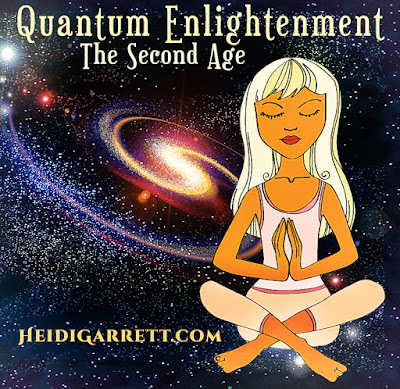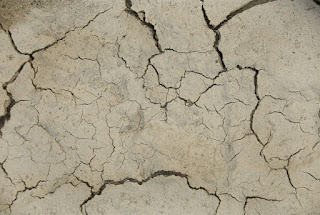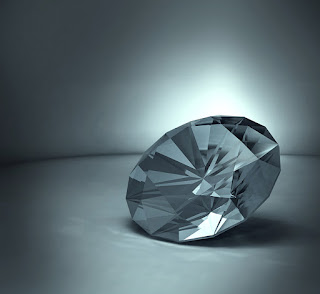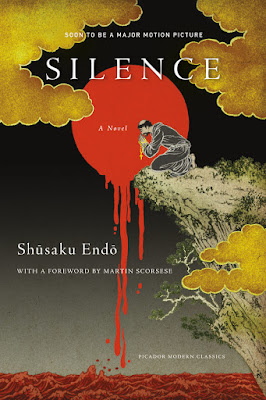And the Big Theme: In the face of horrific persecution, why does God remain silent? And how does that silence affect the faith and actions of Christians and/or followers of other organized religions?
That was um …. almost 7 weeks ago. So you can see I have taken some time with my response. In the book, silence is most often depicted as something horrifying, a devastating betrayal to the orthodox religious; if you to whom I pray to bow to seek approval from do not ANSWER me, SPEAK to me, INTERVENE on behalf: Then what is THE TRUTH—REALITY—PURPOSE—of it all?
Great questions.
My experience of silence—counterpoint to what I understand the experience of the characters in the story to be—is more like this:
Silence.
The Void.
The Quietest Thing Here.
God. Infinitude. Source. The Cosmos.
Does not speak in words.
Nor in intervention.
It converses in arcs. Nature. Time.
Our communication with the Divine is more like surfing, riding a wave. Clumsy and awkward, becoming absorbed with both success and defeat we lose our balance and flail into the depths.
It can be exhilarating devastating electric and engulfing all at the same time.
Wipe out. Or ride the pipeline. Swear off or never give up.
Static our journey through life is not.
Neither is it predictable, predetermined, or controllable.
How to perfect the art of the dance, achieve the nimble footsteps, sustain attunement to the thing that created us, but unlike us, does not communicate verbally.
One can deny God, but no one can deny Life.
More powerful. More subtle. More profound. More intelligent than anything any one of us can conjure or dream up.
And yet we crave to create. Improve. Manifest. Self-determine. Keep on breathing.
Children of life yearning to harness the invisible force that animates their selves, that is beyond their selves, that sustain their selves.
We find in the Silence:
Despair.
Inspiration.
Truth.
Answers.
Fulfillment.
Devastation.
Solace.
Comfort.
Regeneration.
Not the words, but the experience.
And the Silence listens to our pulse, our neurons, our bodies, our breath.
Overwhelmed by the massive void of quiet, we drown ourselves in a tumult of noise, oblivious to the sacred exchange, missing it all, because we falsely assume, believe that what is subtle, gentle, not forced upon us, not grasping for our attention with branding, violent indoctrination, a tsunami of words is useless, insubstantial, unworthy of our oh-so-precious time.
Silence is the wellspring.
The trailhead.
Some of us begin the journey.
Because Silence, the Void, the Quietest Thing Here, God, Infinitude, Source, the Cosmos, doesn’t demand allegiance, command obedience, or deliver judgment. It only ever offers.
And for those of us who endeavor to receive, another dimension opens, a different landscape emerges.
The mystery the wonder the awe threads itself into our reality and we are never the same.
I think Endo left his missionaries at the trailhead.



























